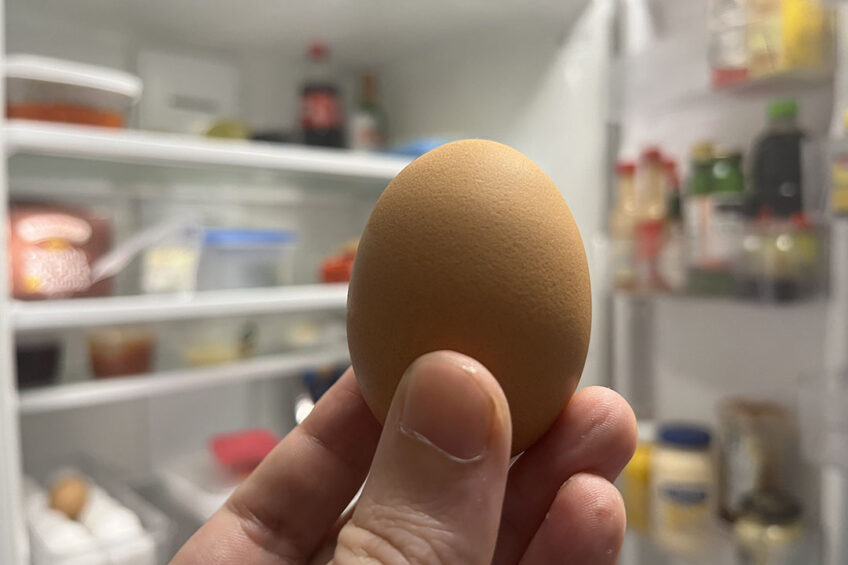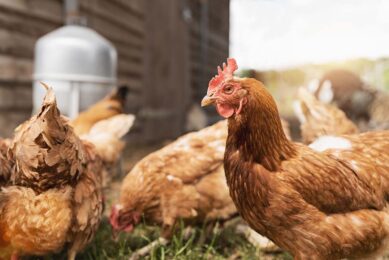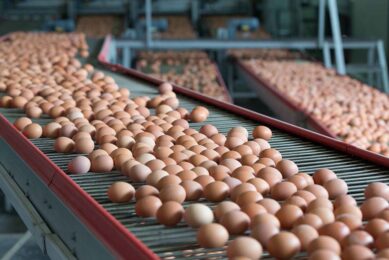Brazilians eat 35.2% more eggs per capita than in 2016

Last year in Brazil, egg consumption per capita had increased 35.2% since 2016 to reach 257 units per year – a historical record that can be attributed partly to the economic crisis, unemployment and lower income because egg protein is cheaper than meat.
According to Brazilian Association of Animal Protein (ABPA) 2022 Annual Report, the sector also recorded an increase in units produced to meet growing demand in the country, even facing adversities throughout 2021.
Per capita egg increase of 21 in a single year
In 2016, the per capita consumption of eggs in Brazil was an average of 190. This number continued to rise each year and reached almost 260 eggs by 2021. The largest advance was in 2020 when the Covid-19 pandemic struck the Brazilian economy and increased the per capita figure by 21 in a single year.
Meanwhile, the unemployment rate reached 11.1% in 2016 and climbed to its highest level in 2020 (14.9%) and was still at 11.1% in December 2021. Similarly, the average income for Brazilian workers reached R$2,447 in 2021, which is the lowest level in the historical series, which started in 2012.
The sector produced 54,973 billion units, with 99.54% of the production destined for the domestic market. On the other hand, the accommodation of grandmother laying hens recorded a decline in comparison with 2020, from 1.441 million head to 1.368 million head in 2021.
São Paulo was the largest state producer (29.63%) followed by Minas Gerais (10.54%) and Espírito Santo (9.17%).
Exports to 82 countries
Last year, Brazil shipped 11,346 tonnes of eggs to 82 countries, generating US$18 million in revenue. Despite being a small volume if compared to other sectors, such as poultry meat, the number means 104.6% more than the previous year (2020).
The United Arab Emirates was the biggest buyer of Brazilian eggs, receiving 60.95% of exports, followed by Japan, which received 10.32%.
Challenges for producers
According to ABPA, 2021 was a challenging period for the sector. That’s why they called it “the year of resilience”.
The report states that producers not only had to adjust to new scenarios, but also faced historical highs in inputs, severely affecting their production costs and competitive capacity.
“…producers, carrying the flag of food security, persevered in their noble commitment to feed Brazil and the world.”
The entity shows soybeans prices have increased by more than 140% since 2015. Corn, in turn, showed an even more expressive increase, exceeding 200%. Egg producers are still suffering with costs of packaging, freight and fuel.
“However, even with such adversity, our producers, carrying the flag of food security, persevered in their noble commitment to feed Brazil and the world,” highlights an excerpt from the publication.
Join 31,000+ subscribers
Subscribe to our newsletter to stay updated about all the need-to-know content in the poultry sector, three times a week. Beheer
Beheer








 WP Admin
WP Admin  Bewerk bericht
Bewerk bericht